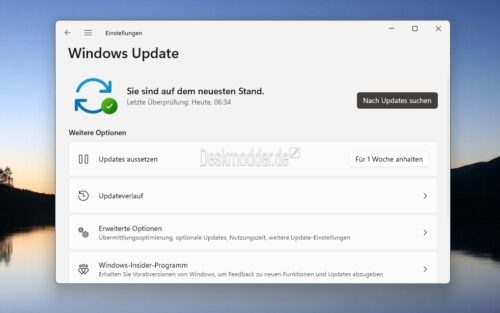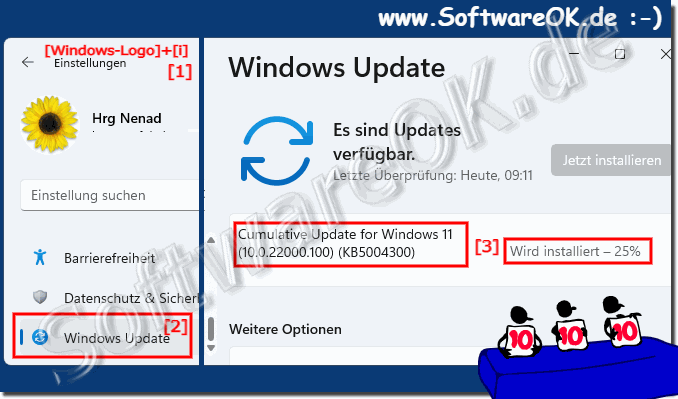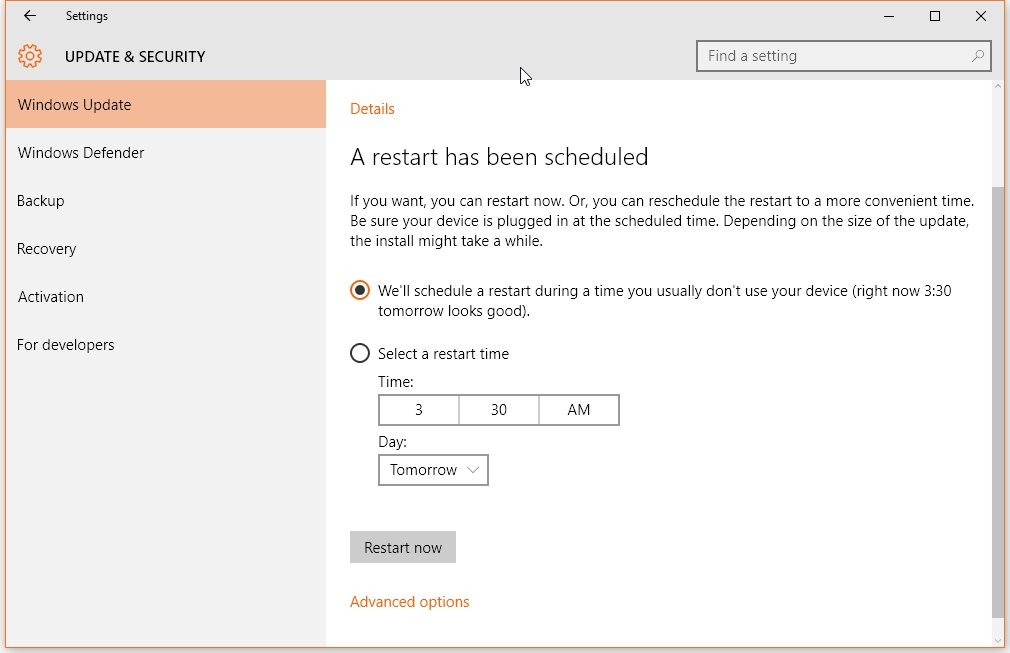
While the direct use of a 3 rd party identity provider as an STS is not supported, it can be used in conjunction with ADFS. This enables you to use stronger authentication features like MFA, smart cards and cert-based auth, and third-party security identity providers.

With the 2023 H1 CU and the required Outlook version (please see documentation), we have added Modern auth support to Outlook on Windows for authentication against Exchange 2019 using Active Directory Federation Services (ADFS) as the on-premises security token service (STS).

Outlook on the web and ECP already support claims-based authentication with ADFS, which is a form of Modern auth. Support for the other Outlook clients (Mac OS, Android, and iOS) is expected later this year.

Today we are excited to announce the availability of Modern auth support for Outlook on Windows in Exchange Server 2019 starting with 2023 H1 CU. As we announced in our Exchange Server roadmap update last year, we are bringing Modern auth to pure on-premises Exchange Server environments in stages. OAuth 2.0 is the industry-standard protocol for authorization.įor Exchange Server customers that are purely on-premises (e.g., no cloud or hybrid), there was no off-the-shelf solution to use Modern auth. Basic authentication is an outdated industry standard, we have been working to help organizations transition to something more secure: OAuth 2.0-based authentication, or what we call Modern authentication (aka Modern auth). Historically, Exchange Server has used Basic authentication (also known as legacy authentication) for client/server and server/server connections. CU13 includes fixes for customer reported issues along with all previously released Security Updates (SUs), including updates in the March 2023 SU.Ī full list of fixes is contained in the KB article for the CU, but we also want to highlight two exciting new features in the CU.

Today we are announcing the availability of the 2023 H1 Cumulative Update (CU) for Exchange Server 2019 (aka CU13).


 0 kommentar(er)
0 kommentar(er)
